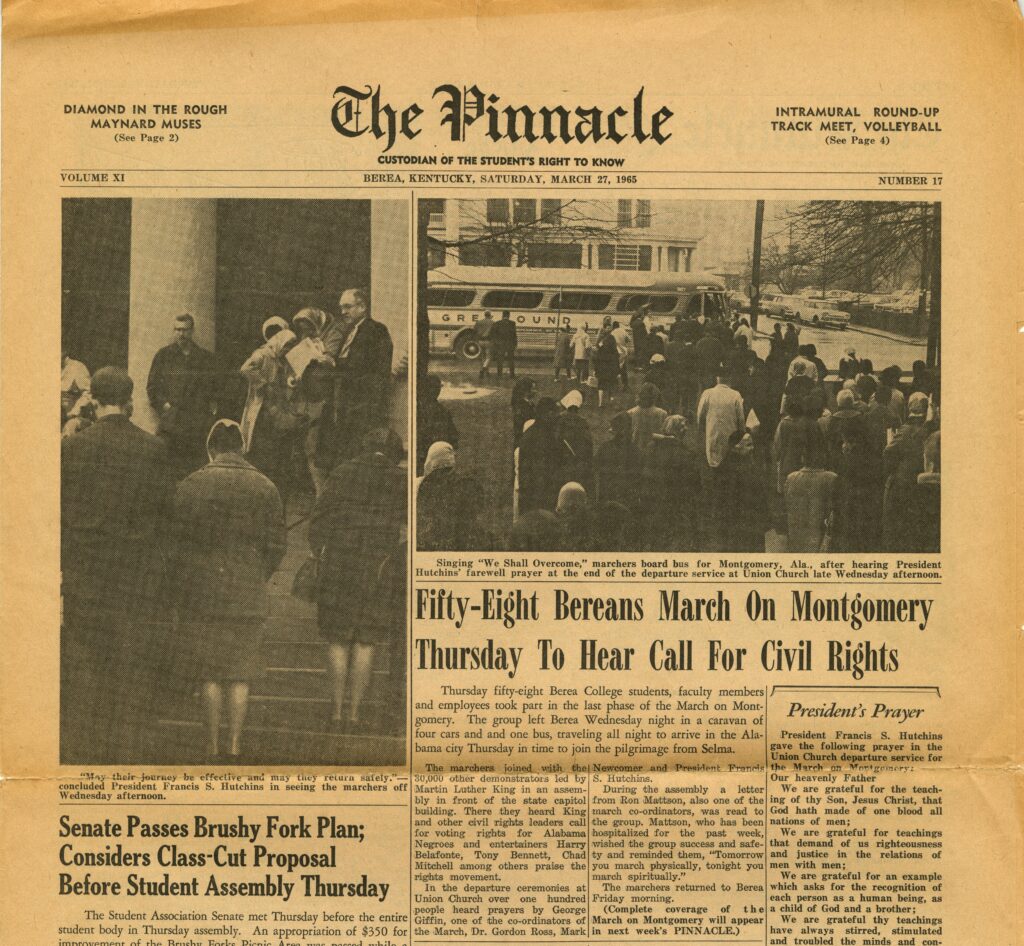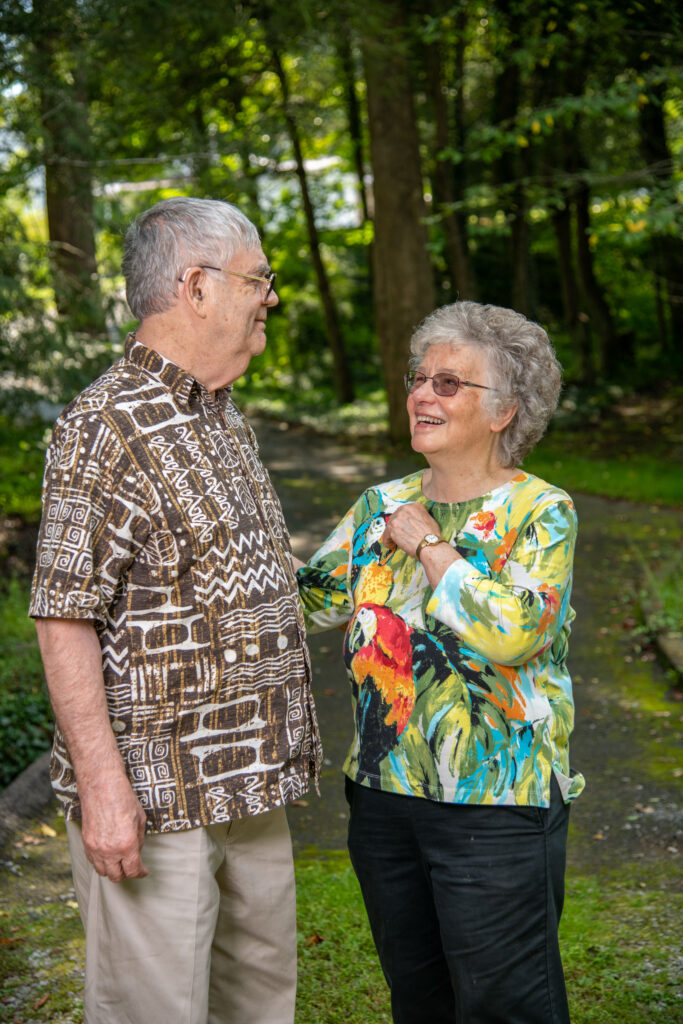Joe and Gerry Scardo
While attending Berea College in the 1960s, Joe ’66 and Gerry Scardo ’64 were high-achieving students who valued not only the opportunity to receive a tuition-free education, but also the immersive community that encouraged them to engage with and learn from others.
Gerry, from a large family in Virginia, was raised by parents who strongly believed in education and encouraged their children to attend college. Gerry’s mother passed away during her senior year in high school, and her father was disabled because of a severe back injury, making financing higher education impossible. Gerry was familiar with Berea College because her brother and uncle, as well as several people from her hometown of Meadows of Dan, Va., had attended. It was her best and likely only opportunity, so she eagerly applied and was accepted.
While at Berea, Gerry met Joe, a fellow biology major who made his way to Berea as a transfer student from Clinch Valley College, now known as the University of Virginia’s College at Wise. Together, Joe and Gerry studied, participated in the labor program, and developed a life-long commitment to service as well as an appreciation for human dignity and a strong belief in the kinship of all people.

In March 1965, Joe joined 58 students and faculty who traveled to Selma, Ala., to march with thousands of others to Montgomery, Ala., for voting rights and equality. Joe and Gerry were amazed earlier this year when they found the itinerary for that historic trip.
“That was the paper that was meant to be found,” Gerry said.
The itinerary showed that the group from Berea left campus at 5:15 p.m. on March 24 and was scheduled to arrive in Montgomery between 7 and 9 a.m. on March 25. This long journey resulted in a scheduled rendezvous with Dr. Martin Luther King, Jr. and many others, who marched to the capitol building in Montgomery. That march took place just 18 days after “Bloody Sunday,” so named because of the vicious attacks that had been leveled at peaceful marchers in Selma. The violence, all of which had been aired on television, shocked America and the world. According to Gerry, Joe was not afraid; he wanted to go. The two have often spoken about that critical time in American history and how it impacted them.
I’ve always seen people as one blood. The skin is nothing. It’s what is in the heart. I’m real proud of the people I know that came out of Berea that put a lot into civil rights.
Gerry Scardo ’64

“I’ve always seen people as one blood,” Gerry said. “The skin is nothing. It’s what is in the heart. I’m real proud of the people I know that came out of Berea that put a lot into civil rights.”
The ideal of kinship to others is the basis of their commitment to service; Joe and Gerry have both volunteered their time and energy to help others. Joe spent 20 years as a volunteer fireman, served his local Kiwanis Club and provided leadership in bringing a mental health facility into their county. Gerry has focused much of her time on civic and environmental efforts.
“All my work is ahead of me, not behind me,” Gerry said, referring to her continued volunteer efforts. She retired last year.
Their time and experiences at Berea and the lifelong commitments they learned also inspire them to support the College. “We really treasure Berea,” Gerry said. “Seeding the mountains and the country with people with knowledge and skills is needed. There’s just so much we can do, and everybody can’t do a lot, but it sure can add up when everybody does a little bit. It’s the best investment [donors] could make in these young people.”


